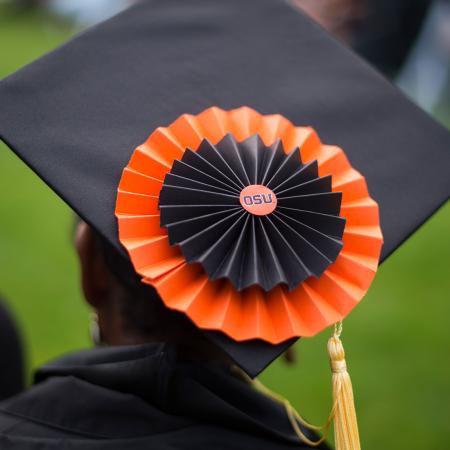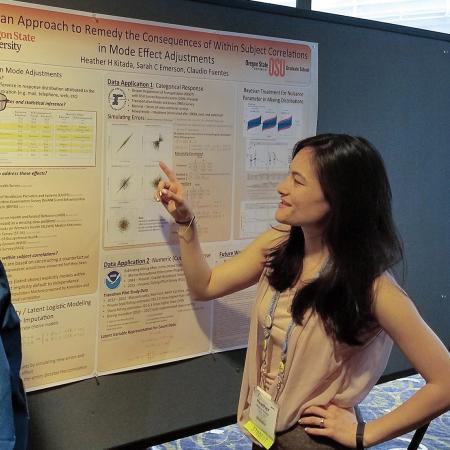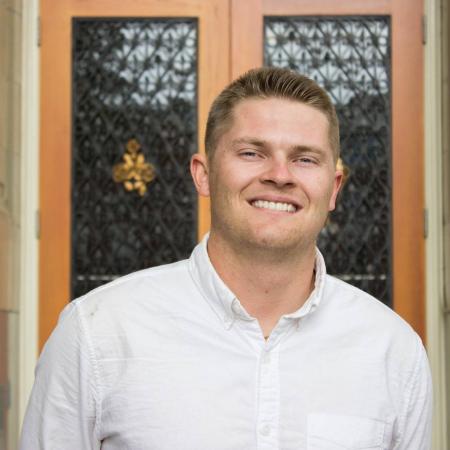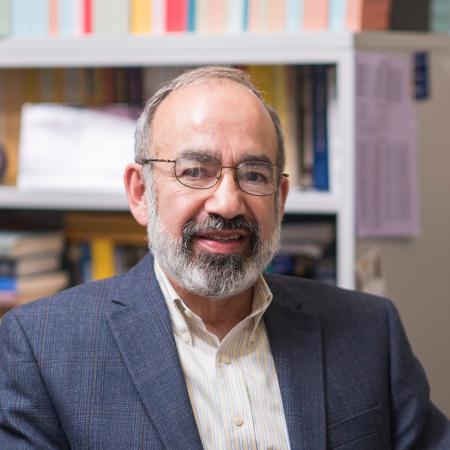How can universities better prepare students to meet the urgent needs of the 21st century? What best practices can help enhance and equalize student success, especially among those from diverse backgrounds? These are just a few of the topics William "Brit" Kirwan, a nationally recognized authority on mathematics reform and other critical issues facing higher education, explored as part of a special lecture hosted by the College of Science on Tuesday, January 24, 2017.
Watch a his lecture on YouTube.
Dr. Kirwan is currently the executive director of the Transforming Post-Secondary Education in Mathematics project, and Chancellor Emeritus of the University System of Maryland (USM). His talk “The Student Success Imperative: Challenges, Opportunities, and Responsibilities,” came at an opportune time given the state and national dialogue taking place.
Kirwan presented evidence-based strategies and pedagogies, on both a university-wide and classroom-level, that provide hope for greater and more diverse student access and success, even in a time of diminishing public investment in higher education. He also highlighted key trends, including making smart use of new technologies, developing an active learning “emporium model” and defining alternative pathways for degree requirements in mathematics, among others.
Nationwide, colleges of science, where foundational courses are taught in mathematics, statistics and sciences, play a critical role in student success, and ultimately in college completion. Kirwan offered a clear picture of how universities and faculty must evolve quickly to increase students’ quantitative literacy, driven by the reality that math is the single largest roadblock for many to affordable degree completion and because in today’s data-driven world, mastery of mathematical and statistical concepts has become essential for success in highly desirable STEM disciplines and careers.
Many contend that mathematics and statistics can make us better thinkers. Kirwan explained that math is not just a linear winnowing process to weed out the (white, male) Einsteins from the masses, but a fundamental tool for all that should be opening more doors than it closes.





